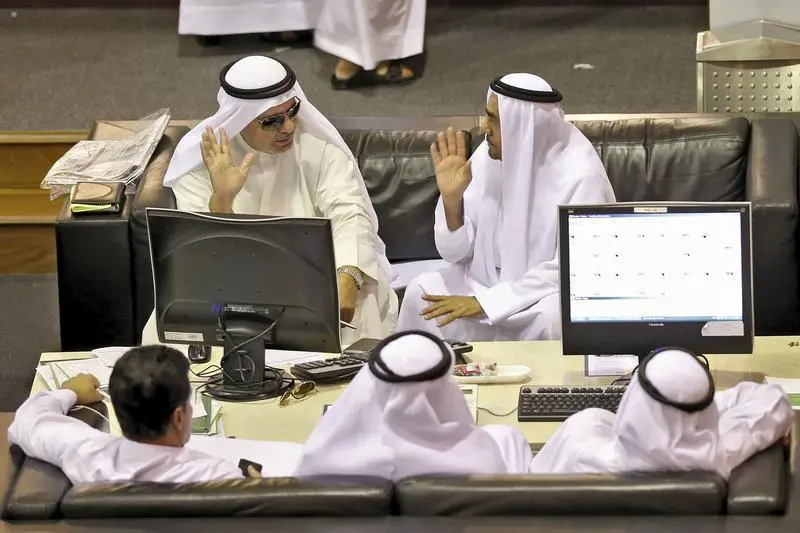PHOTO
Stock markets in the Gulf ended in different directions on Monday after U.S. lawmakers reached a tentative agreement on the debt ceiling, while concerns about more Federal Reserve interest rate hikes weighed on sentiment. U.S. President Joe Biden and House Speaker Kevin McCarthy forged an agreement at the weekend to suspend the $31.4 trillion debt ceiling and cap government spending for two years. Both leaders expressed confidence that members of the Democratic and Republican parties would vote to support the deal.
Dubai's main share index edged 0.1% higher, supported by a 1.2% rise in sharia-compliant lender Dubai Islamic Bank. In Abu Dhabi, the index dropped 0.4%.
The Abu Dhabi bourse remained on a downtrend as sentiment remained cautious and energy markets were under pressure, said Farah Mourad, senior market analyst at XTB MENA. "The market could see some support thanks to ADNOC Logistics initial public offering's success. At the same time, companies like DANA Gas could attract more foreign investors as they open their capital to foreign ownership further," Mourad said.
Saudi Arabia's benchmark index gave up early gains to finish flat as gains in financials were offset by losses in healthcare shares. United Electronics gained 3.4% after Reuters cited two sources familiar with the matter as saying the firm was planning an initial public offering of its Islamic consumer finance business, Tasheel Finance.
Among losers, oil giant Saudi Aramco shed 0.6%. Crude prices - a key catalyst for the Gulf's financial markets - slipped as economic worries over further interest rate hikes trumped the U.S. debt ceiling deal.
Outside the Gulf, Egypt's blue-chip index rose 0.5%, with tobacco monopoly Eastern Company jumping 2.7%.
- SAUDI ARABIA was flat at 11,136
- ABU DHABI fell 0.4% to 9,412
- DUBAI added 0.1% to 3,544
- QATAR eased 0.2% to 10,403
- EGYPT up 0.5% to 17,212
- BAHRAIN gained 0.2% to 1,964
- OMAN rose 0.3% to 4,642
- KUWAIT added 0.5% to 7,547
(Reporting by Ateeq Shariff in Bengaluru; Editing by Mark Potter)




















